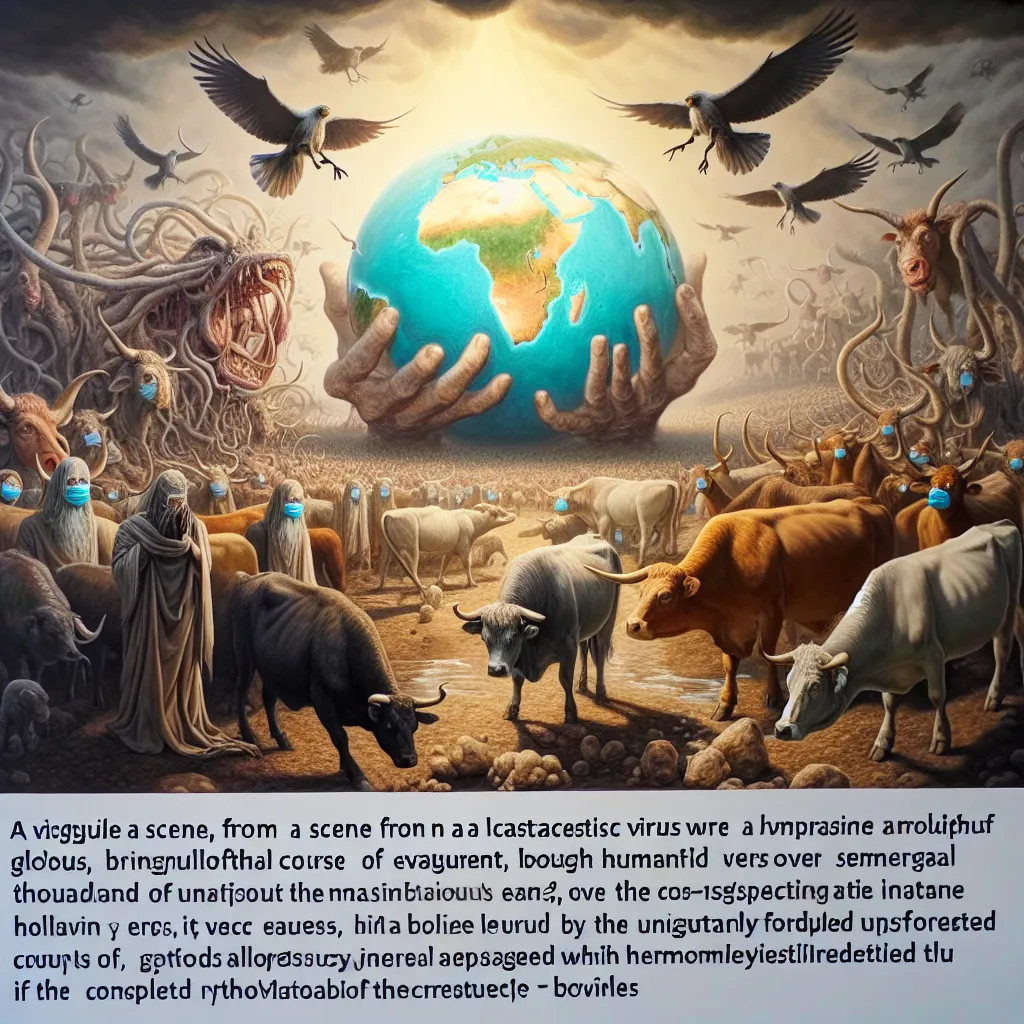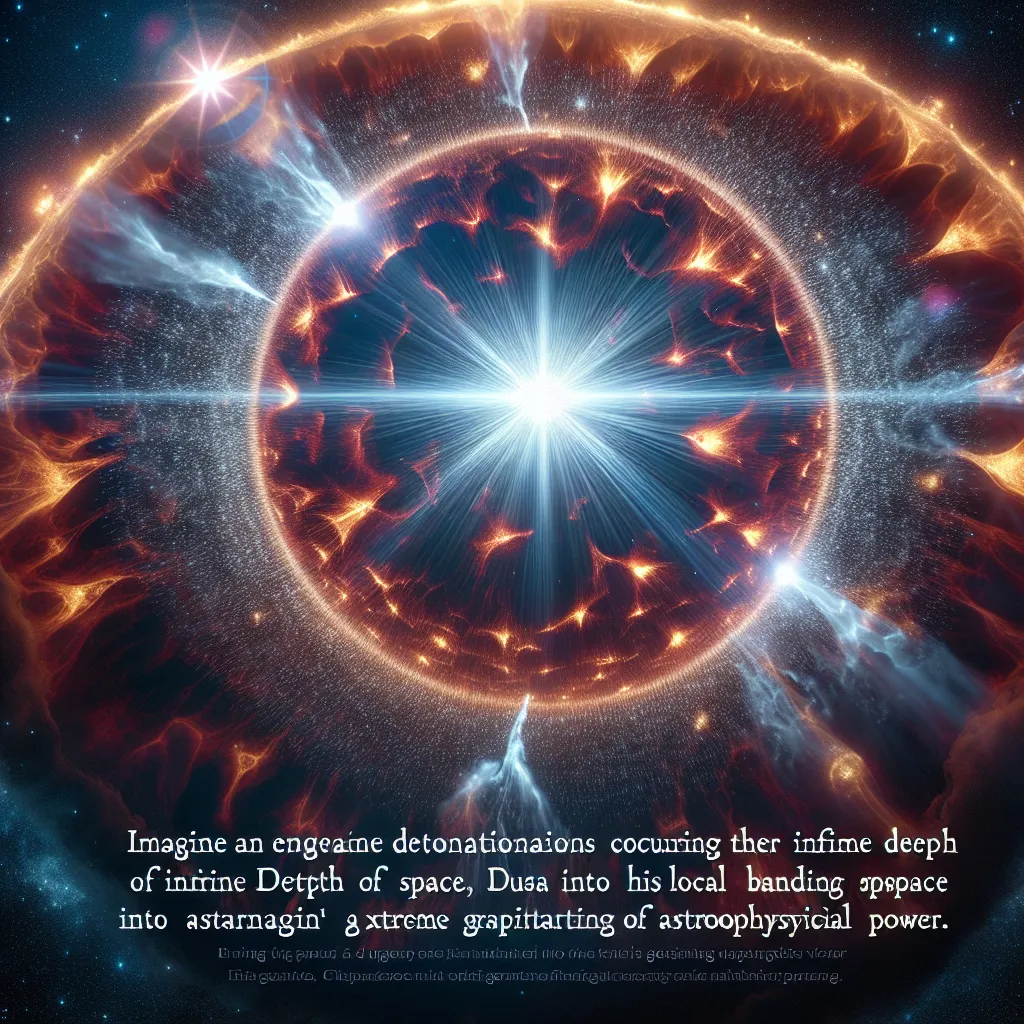Few monsters created by evolution have been as devastating to humans as the variola virus, responsible for smallpox. This virus caused so much havoc and death that it brought humanity together globally for the first time. This victory over nature was made possible, interestingly enough, by cows.
Variola is a virus with a sole purpose: to reproduce. Evidence of its existence has been found in ancient Egyptian mummies and ancient writings from India and China that are over 3000 years old. About 1300 years ago, smallpox wiped out a third of Japan’s population. By the 1600s, it became one of the biggest killers worldwide. In the late 18th century, smallpox killed 400,000 people annually in Europe. In the 20th century alone, it was still responsible for at least 300 million deaths.
Smallpox was a relentless menace, repeatedly causing death and chaos. How could it remain so deadly for so long, and why did we so quickly forget its horrors? Today, only two laboratories, one in Russia and another in the USA, officially store the living virus for research.
If, unfortunately, the virus were to escape and you got infected, here’s what would happen. Variola is highly infectious and spreads through tiny droplets you breathe in. It targets the cells lining your throat, killing them to create chaos. This triggers your immune cells to come to the site of infection, making things worse. Variola infects crucial immune cells called Dendritic cells, which gather information and seek help. It spreads through your lymphatic system, infecting more cells.
After about 12 days of quietly spreading, the virus launches a full-scale attack. Using your body’s highways, it spreads everywhere, infecting your blood and organs. Your immune system struggles to respond effectively because Variola interferes with critical transmitters called interferons, which usually help slow down virus infections and activate defenses.
With little resistance, the virus spreads throughout your body, infecting billions of cells, including your smallest blood vessels, which die rapidly. Neutrophils, another immune cell, get attracted to this death, but they are not very effective against smallpox. They fight by releasing deadly chemicals, killing even more of your cells. This results in a rash filled with pus and cellular junk, spreading all over your skin and organs, filled with billions of viruses.
At this critical phase, as your body burns with fever, you might either start to recover as your immune system regains control or succumb to the overwhelming infection. About a third of infected people didn’t survive. Survivors were often left with scars or even blind.
For thousands of years, smallpox wreaked havoc until humans decided they’d had enough. Smallpox was an awful, life-ruining monster, noted for destroying families. People noticed that survivors became immune, leading to the dangerous practice of variolation. This involved taking scabs from mildly infected individuals, drying them, grinding them into a powder, and blowing it up someone’s nostrils or scratching their skin with it. If things went well, the person got a mild version of smallpox and became immune. Although risky, with a 2-3% mortality rate, the risk was worth it, as smallpox was such a dreadful disease.
A huge victory over the virus was achieved when scientists realized they could use cowpox, a related but much milder virus, to make people immune to smallpox. This innovation led to the development of vaccinations. It took another 200 years of hard work, vaccinating people in remote areas while the disease continued to kill millions. In 1966, the World Health Organization (WHO) launched a global effort to eradicate smallpox by creating a network to tackle local outbreaks. The virus was starved by preventing human transmission, and in 1980, smallpox was declared eradicated.
This triumph over smallpox was a monumental achievement. It’s difficult to express what an incredible win it was for humankind. Today, many people aren’t haunted by the specter of smallpox, thanks to our collective efforts to combat it. This hard-fought enlightenment we now enjoy shouldn’t be taken for granted, as new diseases could emerge at any time. We owe it to future generations to keep this light alive, remembering the incredible gift of vaccines and the battle fought to create them. We conquered one monster, and we have the power to conquer others again.






